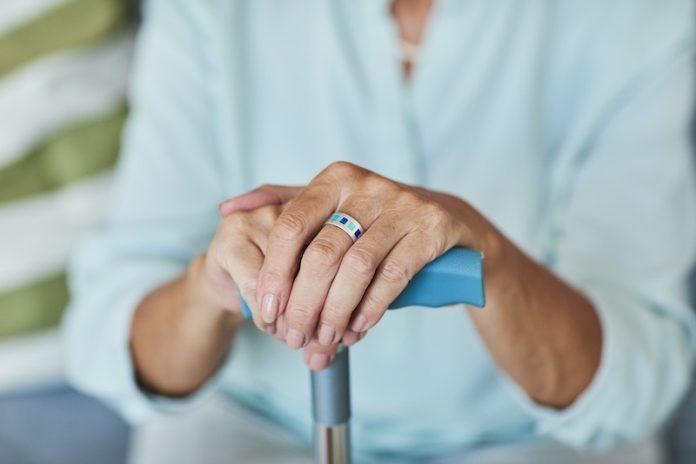
New research from the U.S. Centers for Disease Control and Prevention (CDC) paints a concerning picture of falls among older adults in the United States.
According to the study, over one-quarter of U.S. adults aged 65 and older reported falling in the previous year. That translates to 14 million older Americans who experienced at least one fall in 2020.
Gender and Geographic Variations
The findings reveal that this issue is not uniform across the population. Women reported more falls than men—28.9% compared to 26.1%. Geographic factors also played a role.
The percentage of older adults reporting a fall ranged from as low as 19.9% in Illinois to a high of 38% in Alaska.
Fatal Consequences
Most alarmingly, in 2021, the rate of death from unintentional falls among older adults was 78 per 100,000 population. Men had a higher mortality rate than women—91.4 versus 68.3 per 100,000.
Fall-related death rates also varied geographically, from 30.7 per 100,000 in Alabama to a staggering 176.5 in Wisconsin.
CDC’s Recommendations: The STEADI Initiative
In light of these findings, the CDC’s Stopping Elderly Accidents, Deaths, and Injuries (STEADI) initiative advises healthcare providers to proactively screen older adults for fall risks.
The initiative also recommends implementing effective preventive strategies to minimize these risks.
The Way Forward
The report underlines the importance of comprehensive strategies to prevent falls in older adults. These could include:
Education: Spreading awareness among older adults and caregivers about the risk factors for falls and ways to mitigate them.
Environmental Adjustments: Making homes and public spaces more accessible and safe for older adults, such as installing grab bars in bathrooms and improving lighting in stairwells.
Regular Screenings: Healthcare providers should assess fall risk as a routine part of check-ups for older adults.
Physical Conditioning: Encouraging regular physical exercise to improve strength and balance.
Pharmacological Review: A review of medications that might contribute to falls, such as those that cause dizziness or impair balance.
While the numbers are concerning, they serve as an essential wake-up call. Now is the time for healthcare providers, policymakers, and communities to collaborate on actionable strategies to address this overlooked but critical public health issue.
If you care about bone health, please read studies about vitamin K deficiency linked to hip fractures in old people, and these vitamins could help reduce bone fracture risk.
For more information about wellness, please see recent studies that Krill oil could improve muscle health in older people, and eating yogurt linked to lower frailty in older people.
The research findings can be found in Morbidity and Mortality Weekly Report.
Follow us on Twitter for more articles about this topic.
Copyright © 2023 Knowridge Science Report. All rights reserved.



